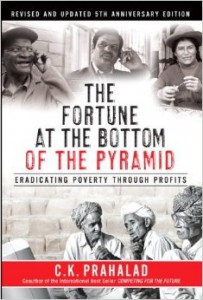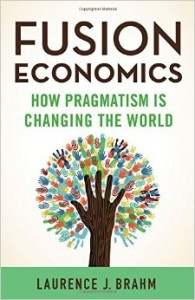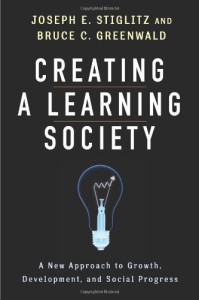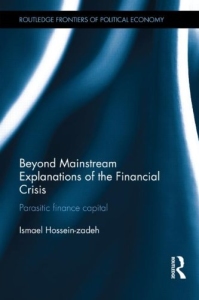
C. K. Prahalad
5.0 out of 5 stars Nobel-Level Work Essential to Understanding Our Bright Future, October 29, 2014
Sadly, the author is deceased. I have always considered him a contender for the Nobel Prize.
I am upset with Amazon for not carrying over reviews from past editions — new readers are advised to look up older editions of any books if they wish to take advantage of some of the extraordinary material provided by past reviewers. I will not replicate those other reviews — they are worth finding.
This book review should be read together with my review of Stuart Hart's Capitalism at the Crossroads: Next Generation Business Strategies for a Post-Crisis World (3rd Edition) which points to several other related books, and Kenichi Ohmae's book,The Next Global Stage: Challenges and Opportunities in Our Borderless World (paperback). All three are published by Wharton School Publishing, which has impressed me enormously with its gifted offerings.
Here's the math that I was surprised to not see in the book: the top billion people that business focuses on are worth less than a trillion in potential sales. The bottom four billion, with less than $1000 a year in disposable income, are worth four trillion in potential sales.
Continue reading “Review: The Fortune at the Bottom of the Pyramid”







